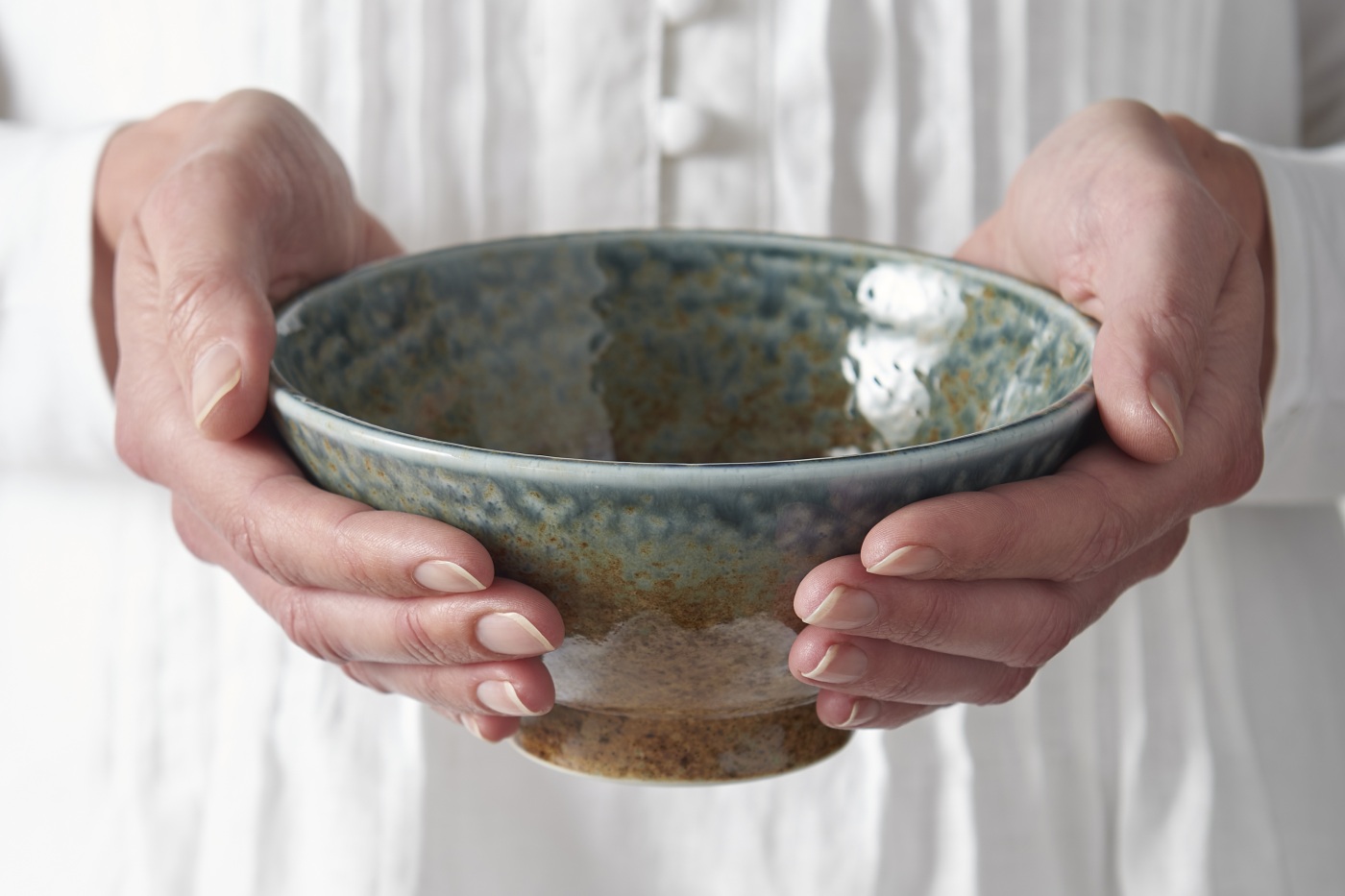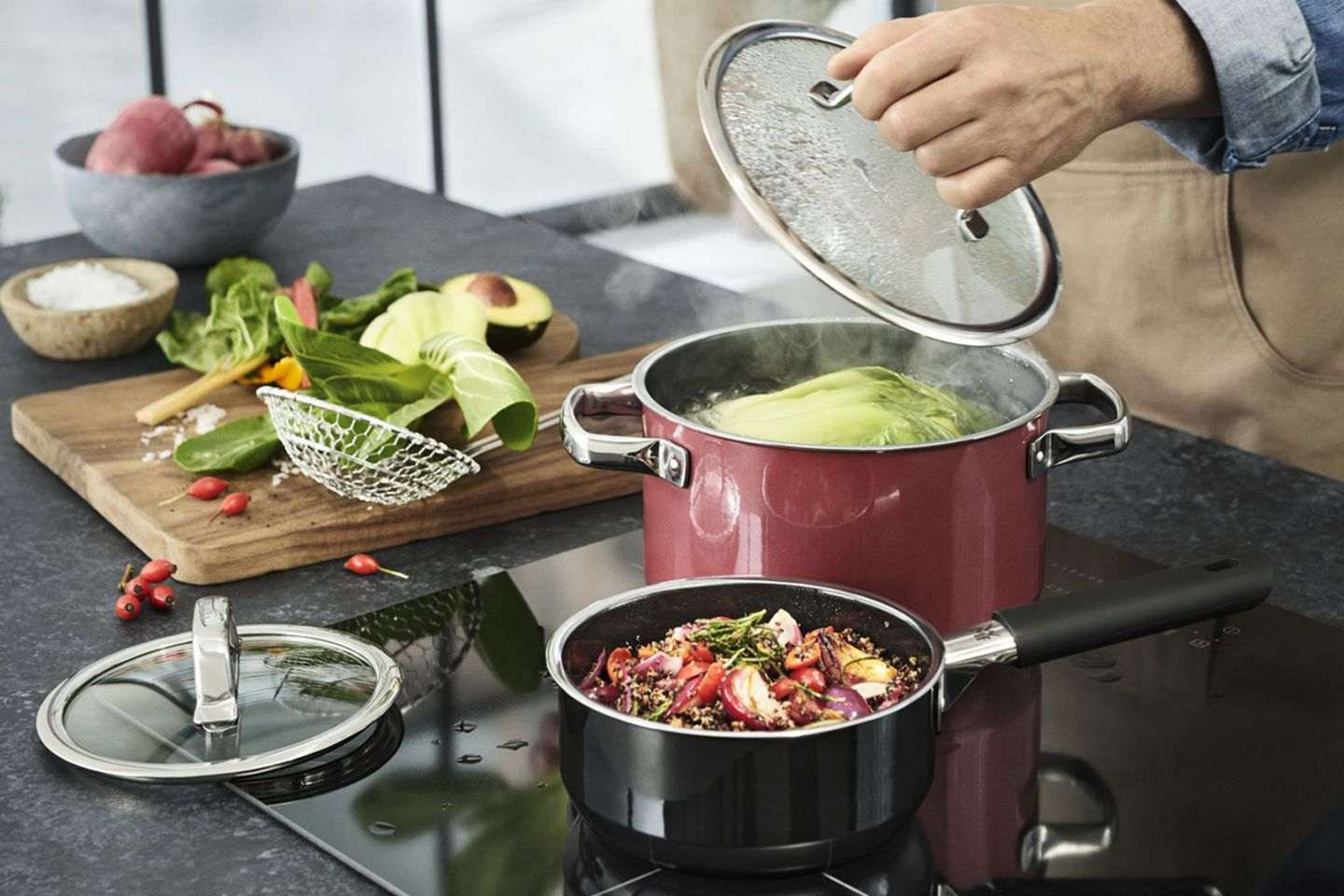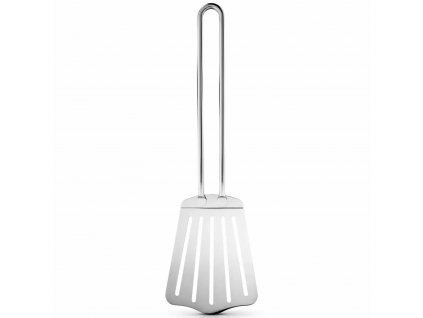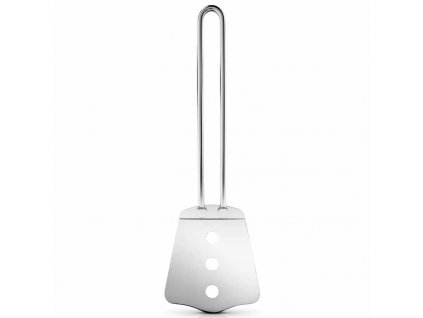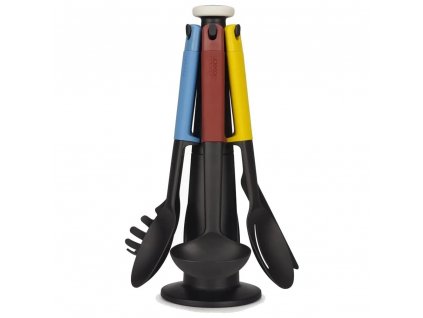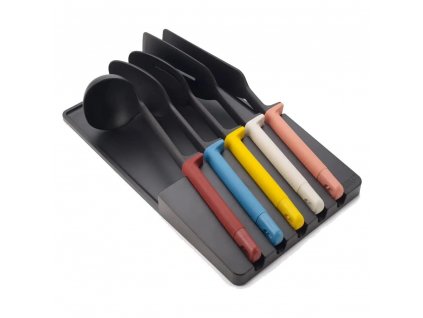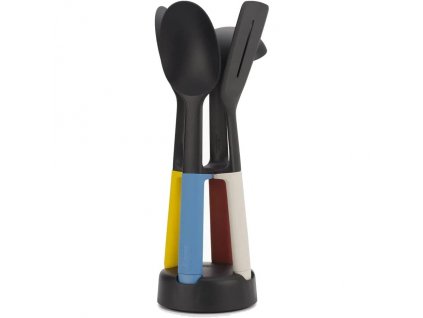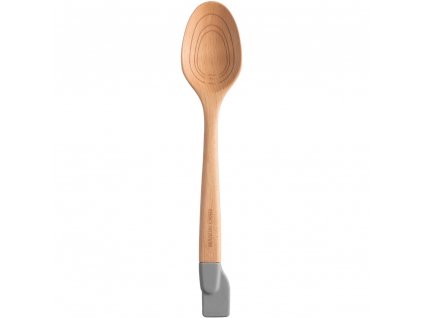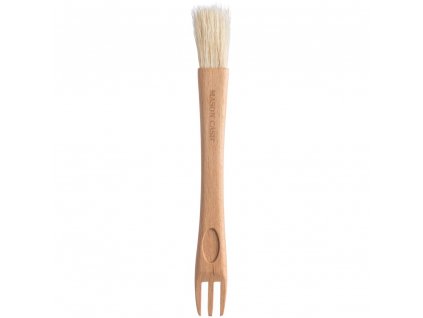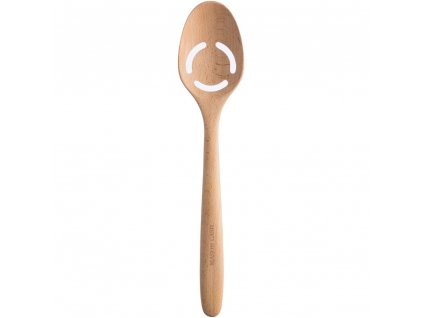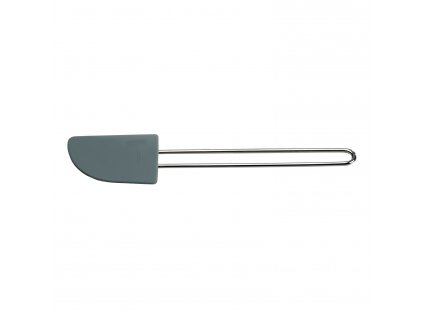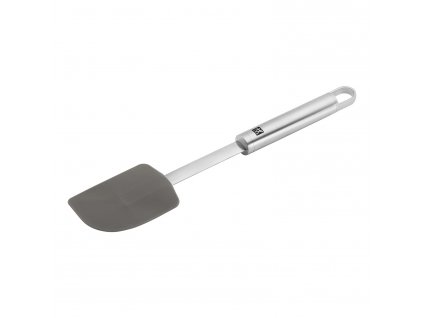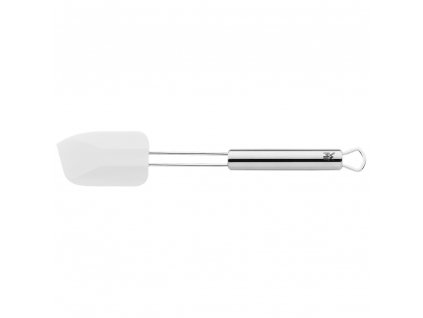Kitchen utensils – your essential kitchen tools
What are kitchen utensils?
Kitchen utensils play a crucial role in the preparation of meals and are the tools used in food preparation, cooking, and serving.
They are necessary tools that make preparing meals simpler, quicker and more effective. Some of the common kitchen tools are as follows:
- A mixing spoon is used to mix meals of a thick texture, such as batter.
- A set of kitchen utensils that often includes a variety of spoons, ladles, forks, turners, etc.
- A turner: A turner is used to quickly flip food items like an omelette, a crêpe, or a piece of fish.
- A slotted spoon allows liquid to drain, which makes it ideal for draining vegetables, scooping up food from a stew or soup
- A pastry brush can be used to spread marinades, melted butter or egg wash on food before baking.
- A potato masher is used to crush soft foods for recipes like mashed potatoes, apple sauce, and refried beans.
- Spreaders for crepes are used to spread the dough on crepe machines.
- A kitchen spatula is used for cooking and baking (spreading, mixing, flipping, etc.)
- Kitchen ladles are used to serve soups, stews, and other liquids.
There are several other kitchen tools, each with distinct use. The specific culinary tasks and the chef's preferences will determine the sort of equipment needed.
What are the materials used in making Kitchen utensils?
Several materials may be used to make kitchen tools. The choice depends on the surface you want to use them with (the surface of your pan, pot or kitchen bowl) but the most typical materials used to make kitchen utensils are:
- Plastic: Plastic utensils are lightweight and affordable. They can melt or deform if exposed to excessive heat, but they are perfect for use with non-stick cookware.
- Stainless Steel: Stainless steel is a robust, rust-resistant, and hygienically safe material. The durability of stainless steel makes it ideal for use with high-heat culinary appliances.
- Nylon: Nylon kitchen equipment is scratch- and heat-resistant. They are lightweight and cheap, but if exposed to intense heat, they may melt or deform.
- Silicone: This material is perfect for use with non-stick cookware since it is heat-resistant and non-stick. With silicone kitchenware, your pots and pans won't get scratched.
- Wood: Wood utensils are safe for non-stick surfaces and won't scratch your pots and pans. They may endure a very long period with appropriate maintenance and are also heat-resistant.
You can also check our shopping guide on the top 10 kitchen essentials to see what other kitchen essentials are worth investing in.
.png)
